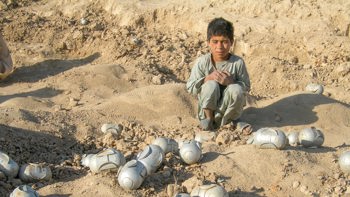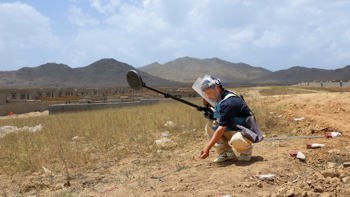The presence of landmines and unexploded ordnance is one element of a multi-faceted, humanitarian emergency affecting the Afghan people. In 2025 around 23 million people – over half the population – require humanitarian assistance.
Hunger is made worse by the presence of landmines, improvised explosive devices and other unexploded hazards. Multiple phases of conflict from 1979 to 2021 have all left their dangers behind. Desperation forces families to risk farming dangerous land or to earn an income from selling the explosive remnants of the fighting as scrap metal.
There are around 50 civilians killed or maimed by explosives in Afghanistan each month. This is likely to be an underreported figure.
In addition, Afghanistan is one of the countries hit hardest by the impact of climate change, which has sparked unpredictable weather patterns, leading to frequent disasters such as flash floods, landslides, unseasonal snow storms and droughts. Millions of Afghans risk losing their livestock, crops and livelihoods.
Increasingly HALO is being asked to use its logistics and staff capacity to respond to natural disasters such as earthquakes and floods. In May 2024, the northern, north-eastern and western provinces of Afghanistan were severely affected by flash floods. Hundreds of lives were lost, critical infrastructure was severely damaged, and homes and agricultural lands were submerged. As part of its mission to protect people, HALO responded to the emergency by providing aid to the most affected families.
Noor Ahmad, a resident of Burka district in Baghlan province, lost his house in the flood and he along with seven of his family members were seriously injured: "When the flood hit, it came from all directions. We were forced to climb onto the roof to survive. When the water rose above the roof, it took all of us under. Fortunately, we survived, but we were seriously injured and now we can’t take care of ourselves". According to Noor Ahmad several houses in his neighbourhood were destroyed and people are now living under tents.
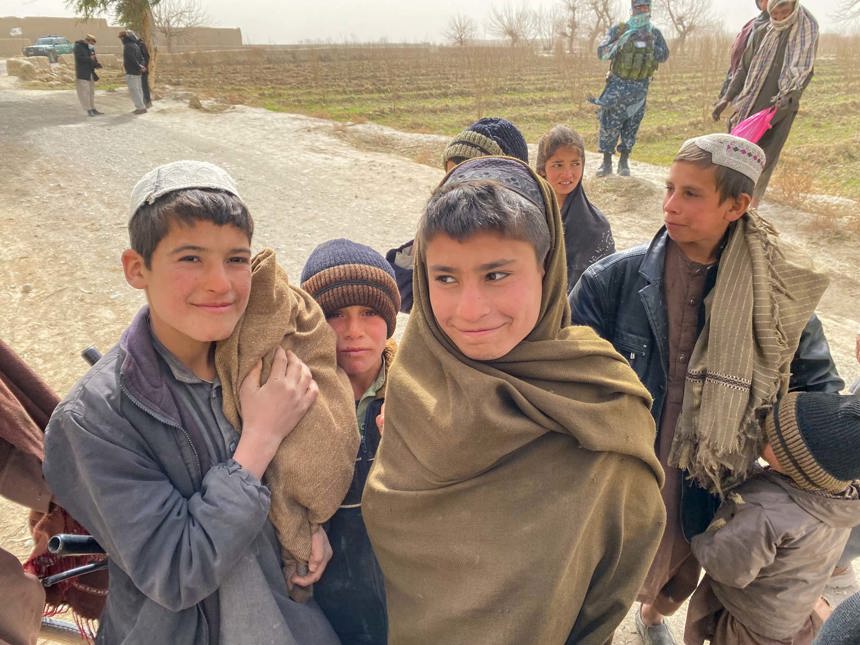
Our Work

Clearing landmines and explosives

Teaching people how to stay safe

Managing weapons and ammunition

Victim assistance

Emergency humanitarian aid
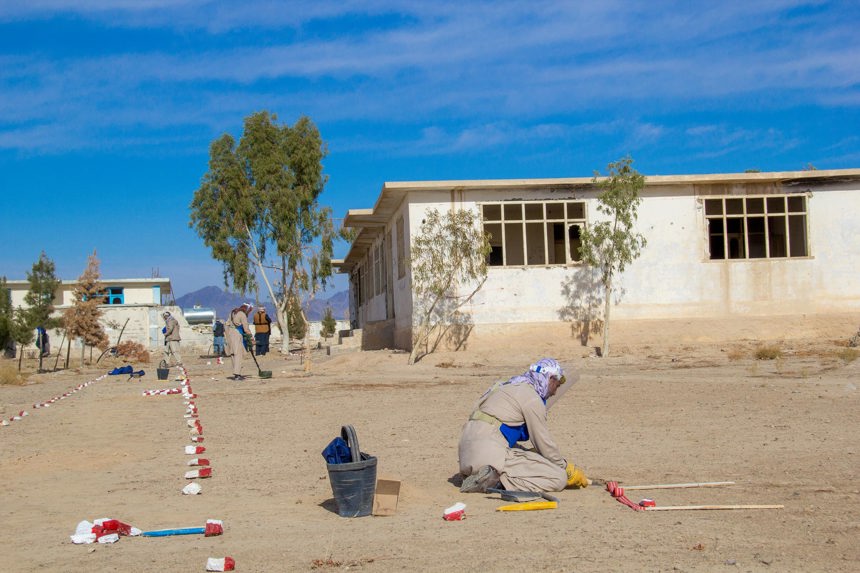
Deminers conduct clearance around a secondary school
HALO has worked in Afghanistan since 1988 and our programme is completely Afghan led. By prioritising local recruitment, our multi-ethnic workforce is able to work across the country and provide much needed economic assistance through employment. We currently employ around 1,000 staff, supporting 10,000-plus dependents. HALO's female staff are back at work in our mixed-gender risk education teams, providing life-saving risk education on dangerous explosive items to women and girls as well as boys and men.
Through a combination of clearing battlefields, minefields and survey work, by 2025 HALO Afghanistan had released as safe to communities 138,000 hectares (340,000 acres), an area equivalent to more than 400 times the size of Central Park in New York.
Since the end of large-scale fighting in 2021 a key task has been clearing landmines and improvised devices from around schools and clinics so that they can reopen. HALO is also providing safe clearance to scrap-metal smelting factories where unexploded munitions are a major hazard.
In total, HALO has destroyed almost 860,000 landmines and over one million other items of unexploded ordnance, our work benefitting millions of Afghans.
Over the past three decades, HALO and the Mine Action Programme of Afghanistan have made safe almost 80 per cent of the country's recorded minefields and battlefields. In West Kabul, we spearheaded one of the biggest urban clearance operations since WWII, allowing a city decimated by war to rebuild. In Herat Province alone, we cleared over 600 minefields, including land around the 15th Century Minarets of the Husain Baiqara Madrasa. Across rural districts we have made land safe so farmers can grow crops and graze cattle. We remain committed to supporting the people of Afghanistan to make their country safe.

OUR IMPACT
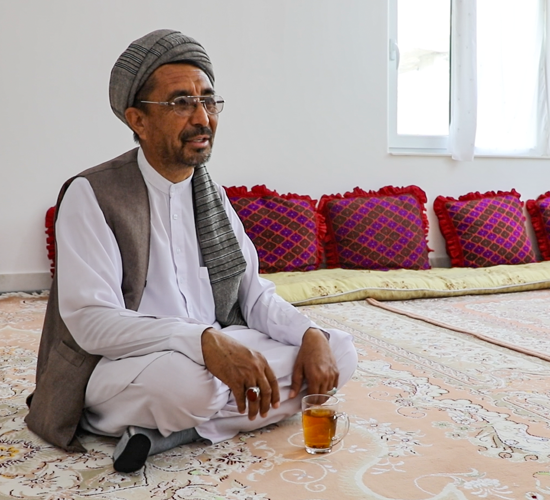
"The mines left us feeling in danger. One man in this area had a bus which hit a mine. Several people, including him and his family members, were tragically killed in the blast. We witnessed it. We were here when HALO meticulously cleared the area. They worked tirelessly, clearing the entire area of mines. After clearance, people were feeling safe, construction work started. Investment started. Schools, parks, and clinics were established providing opportunity for people to live good lives here."
Stories from Afghanistan
Get Involved
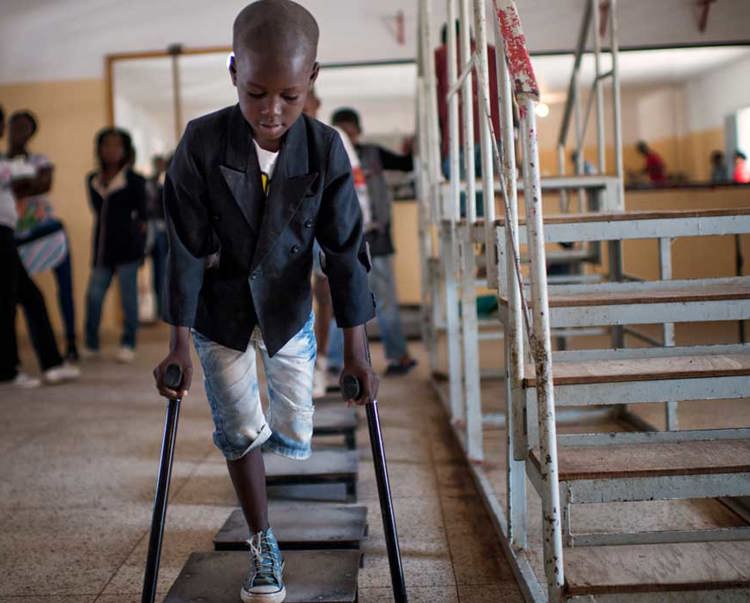
Clear a landmine, save a life
With your support, land can be made safe and lives transformed
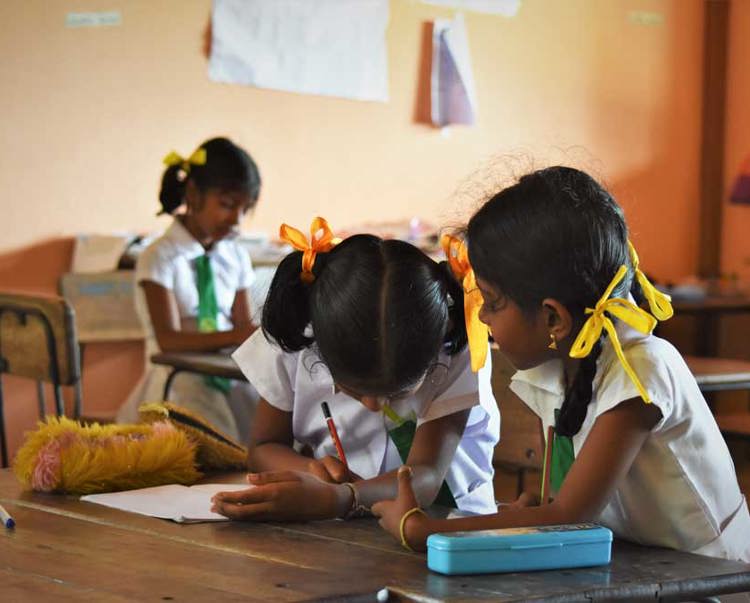
Sign up to our newsletter
Be first to hear inspirational stories and all the latest HALO news and events



